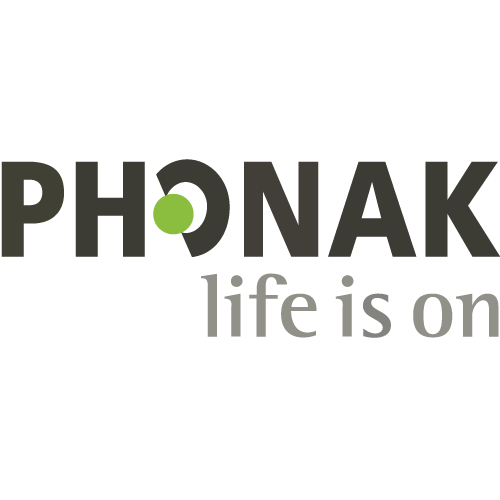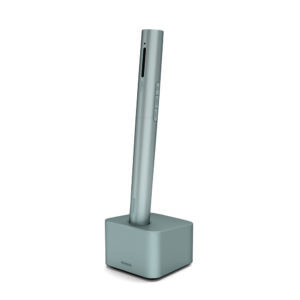FM Hearing Systems & Assistive Listening Devices
For those who need extra help hearing clearly in the workplace or busy environments, FM hearing systems, Bluetooth hearing aid streamers, and infrared wireless devices offer unparalleled solutions. Designed with advanced hearing assistive technology, these products can significantly enhance your hearing aids. These next-generation assistive listening devices will transform how you interact with the world forever.
Shop by brand or browse our full selection
-
- Out of Stock
Phonak Roger Pen iN – For Marvel & Paradise Hearing Aids
- The Roger Pen iN has now been discontinued by Phonak. Check out the New Phonak Roger On iN V2 The Roger Pen iN helps people with hearing loss to follow group conversations, one-to-one conversations, TV streaming, lecture or class audio, and other devices such as mobiles. Effectively working in noisy situations and over distance. Simple to use icon buttons and a built-in…
- Read more
-
FAQ
What is an FM hearing system?
An FM hearing system is an assistive listening device designed to improve the hearing experience for hearing aid wearers, particularly in challenging environments. FM systems pick up speech closer to its source, reducing unwanted noise and improving the signal-to-noise ratio, making speech easier to understand. They can also connect directly to sound sources like televisions to transmit a clear signal to hearing aids.
What types of FM hearing systems are available?
- Personal FM Amplification: A body-worn device that uses an FM wireless microphone to pick up the speaker’s voice, converts it into an electromagnetic wave, and sends it to the listener’s receiver. The sound is then amplified and clarified before being played through the hearing aids.
- Sound-Field FM Amplification: A device placed near a sound source, such as a table in a meeting room, to focus on specific sounds. The microphone sends the information via electromagnetic waves to the listener’s receiver, where it is converted and enhanced for clarity.
How do FM hearing systems work?
FM hearing systems use frequency modulation (FM) similar to traditional radios. They consist of two parts: a transmitter and a receiver. The transmitter detects changes in frequency and sends these to the receiver, which emits sound corresponding to the received voltage.
- Types of Receivers: Depending on the hearing device, receivers may use a neck loop or a smaller “shoe” device with direct audio input.
- Types of Transmitters: Transmitters vary by manufacturer but generally include a microphone and external audio input for connection to TVs, radios, MP3 players, and mobile phones. Some also support Bluetooth for wireless connections.
Who would benefit from an FM system and why?
Experts agree that anyone with hearing loss can benefit from an FM system, whether it’s a Personal FM Amplification system or a Sound-Field Amplification system. Even those who rarely leave home can use an FM device to stream sound directly to their hearing aids, dramatically improving speech understanding in complex listening environments. FM systems are especially useful in social or business settings, like busy meetings, providing wearers with more confidence in conversations.
Why Are FM Hearing Systems Beneficial for Those with Hearing Loss?
FM hearing systems offer significant benefits for individuals with hearing loss by improving listening in noisy environments. Even advanced hearing aids can struggle with background noise, but FM systems enhance the signal-to-noise ratio, making speech easier to understand. While top-tier hearing aids improve the SNR by about 5dB, FM systems provide a more substantial improvement of 15dB, resulting in clearer, more distinct sound.






